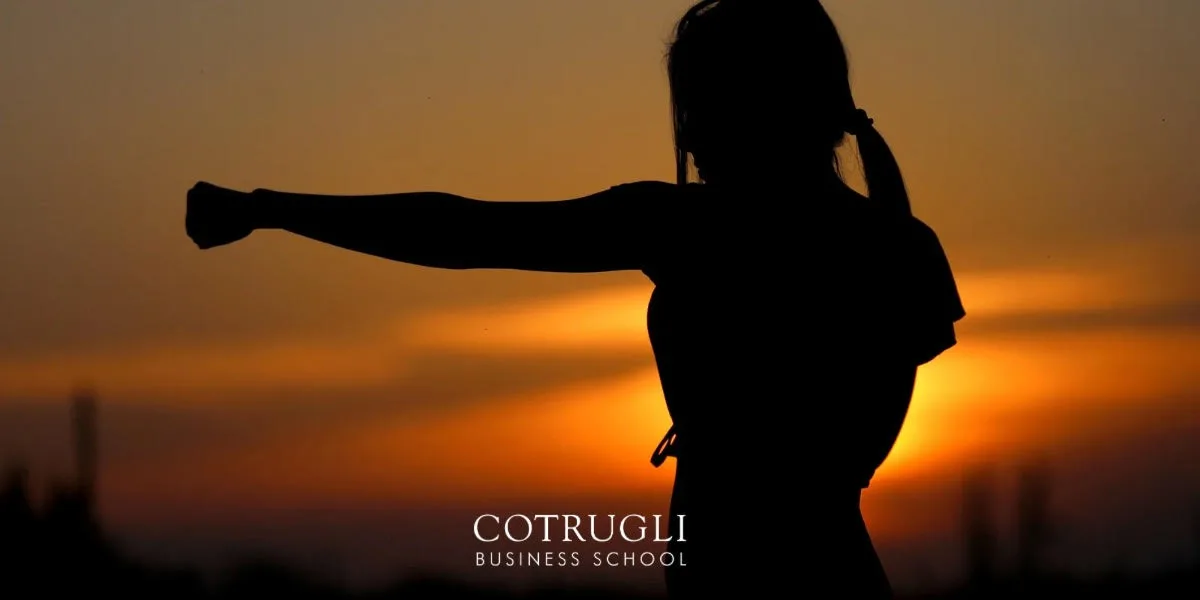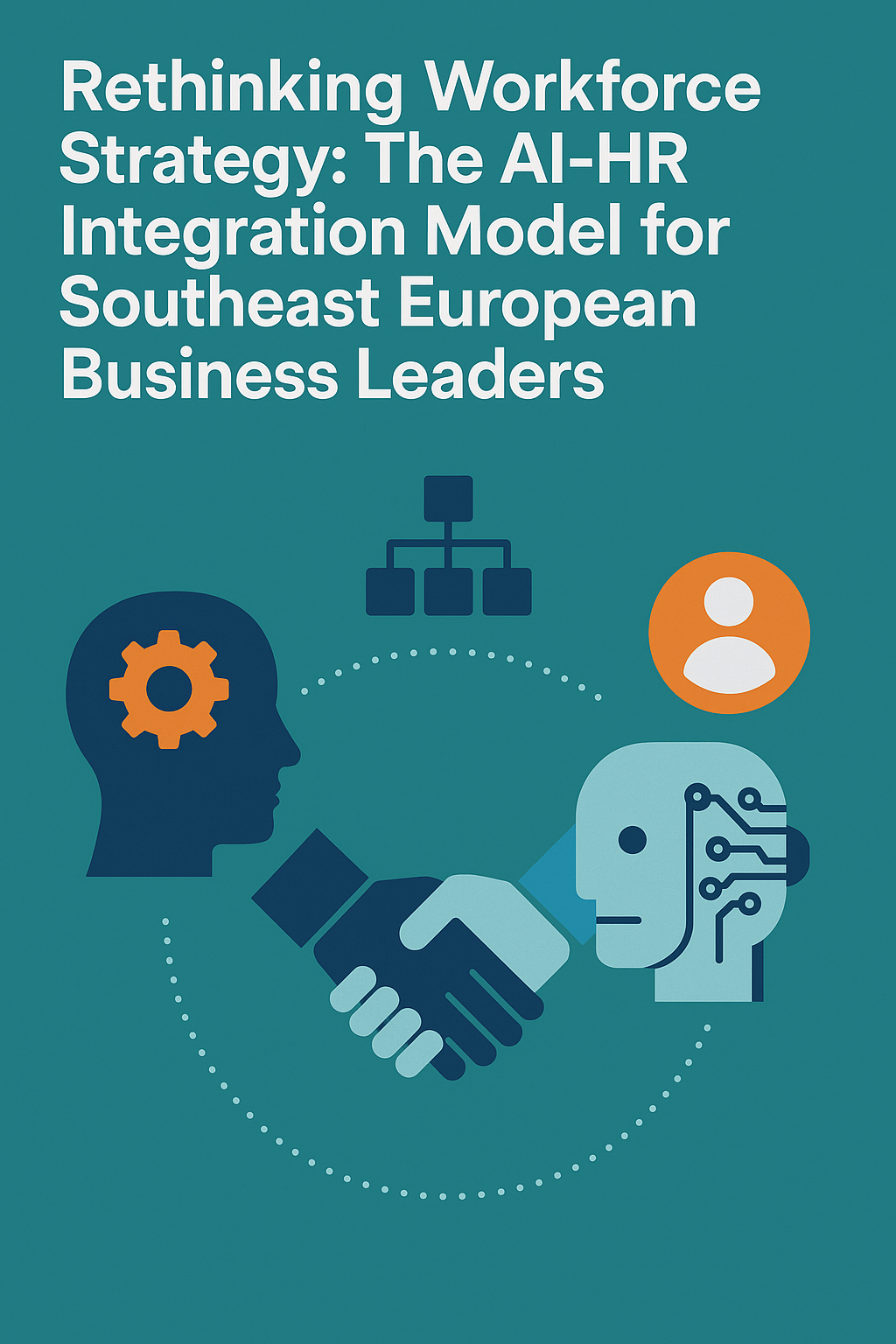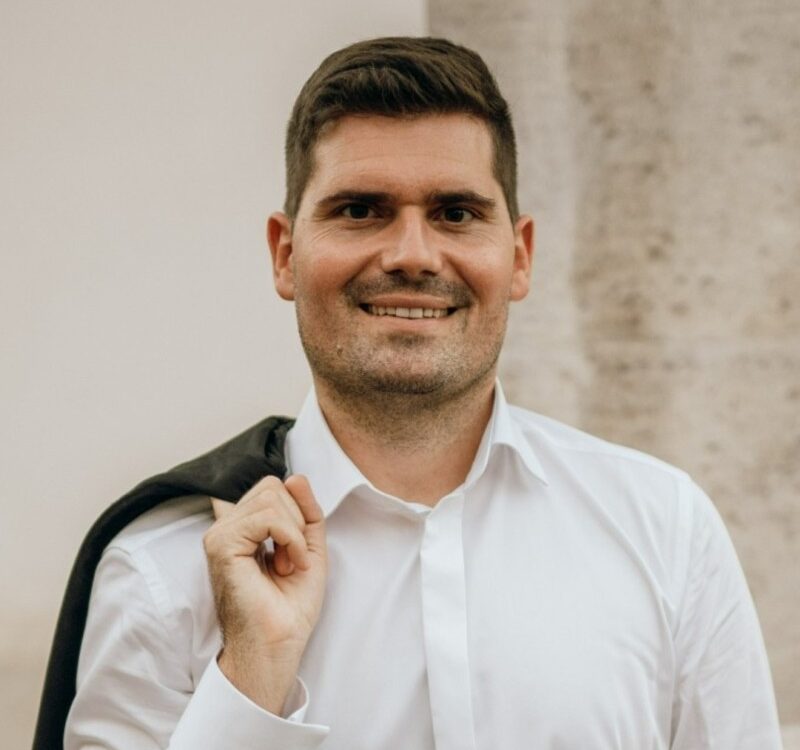Why has there been such a surge of interest in building resilience in recent years? It may be because many people feel they’re facing more frequent and intense challenges. But what if both resilience and adversity are built on an illusion?
Let’s explore.
The Roots of Resilience: A Matter of Perception
Resilience becomes relevant only when we believe we are facing adversity. Without that belief, we wouldn’t feel the need to “bounce back” or “cope.” But perceptions of adversity are subjective—what feels like a crisis to one person may be barely a ripple to another.
At the heart of this perception lies a belief in loss. We feel adversity when we think we’ve lost something—whether it’s a person, an object, status, money, or a dream. Sometimes, the loss isn’t even ours—we identify with someone else’s pain and make it our own.
But this experience of loss requires another belief: that we possess what we’ve lost. Without that sense of ownership, there would be nothing to lose.
Do We Ever Truly Own Anything?
Life teaches us over and over that nothing stays. People and possessions come and go. And yet, we cling—mentally and emotionally—trying to hold onto people, places, identities, and stories.
This mental clinging is what creates attachment. And every attachment, no matter how subtle, reflects our illusion of possession.
If we truly saw that nothing and no one can be owned, we would not experience personal loss. Without the belief in loss, there would be no adversity. Without adversity, there would be no need to build resilience.
Sounds simple? It’s not.
The Emotional Trap
This is where many emotional intelligence frameworks fall short. Emotions like sadness, fear, and anger often arise from the belief that we’ve lost—or might lose—something we thought was ours. Yet this belief is fundamentally flawed.
We build our sense of identity on what we think we possess: people, roles, relationships, belongings, even memories. But because none of it lasts, we inevitably feel threatened. And with that comes emotional turbulence.
We don’t like to admit it, but most emotional pain comes from resisting impermanence. From fighting the reality that nothing is truly ours.
Nature Knows Better
When storms destroy birds’ nests, birds don’t sit around mourning. They simply build a new one. When a queen bee dies, the hive doesn’t spiral into despair. It finds another and carries on.
Is it possible that the natural world has a deeper wisdom than we do?
Some people do embody this wisdom. You might hear them say, “That’s life. Let’s move on.” That’s not resilience—it’s clarity. It’s the recognition that we don’t control life, and we don’t possess its contents. What we call adversity becomes just another change in an ever-changing world.
And What About Death?
A common objection: “Surely we can lose our life?”
Perhaps. But what does resilience mean in the face of death? More often than not, what we fear isn’t the event of death itself, but the imagined moment of dying, the ending of our personal story. We fear losing everything we’ve claimed as “mine.”
And yet, all of it—our memories, attachments, and stories—are impermanent. They aren’t happening now. They exist in the mind, not in the present moment.
Letting Go: The Real Work
This is why so many spiritual traditions emphasize letting go—not just of things, but of beliefs, attachments, and even identity. The goal isn’t to suppress emotion, but to free ourselves from its root cause: the illusion of ownership.
Letting go doesn’t mean caring less. It means caring wisely, without dependency. Living in the present, without clinging to the past or controlling the future.
When we stop saying “this is mine,” we start living with more ease, grace, and humility.
Reflection & Inquiry
Action: Make a list of everything—tangible or intangible—you believe is “mine.” Then ask: “Is this truly mine?”
Question: What are the three things you most fear losing?
Reflection: Imagine you’ve already accepted they’re not yours. If they were gone, what would you feel?
Written by our professor Mike George.







